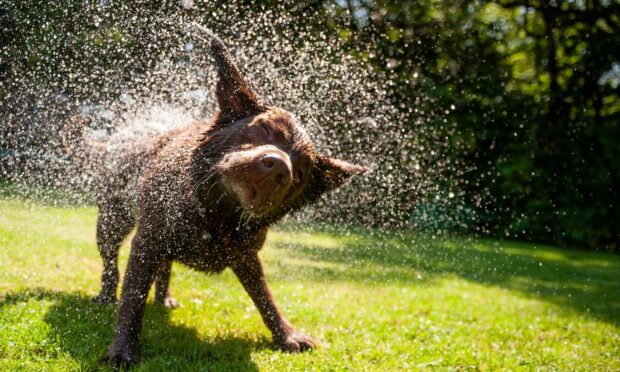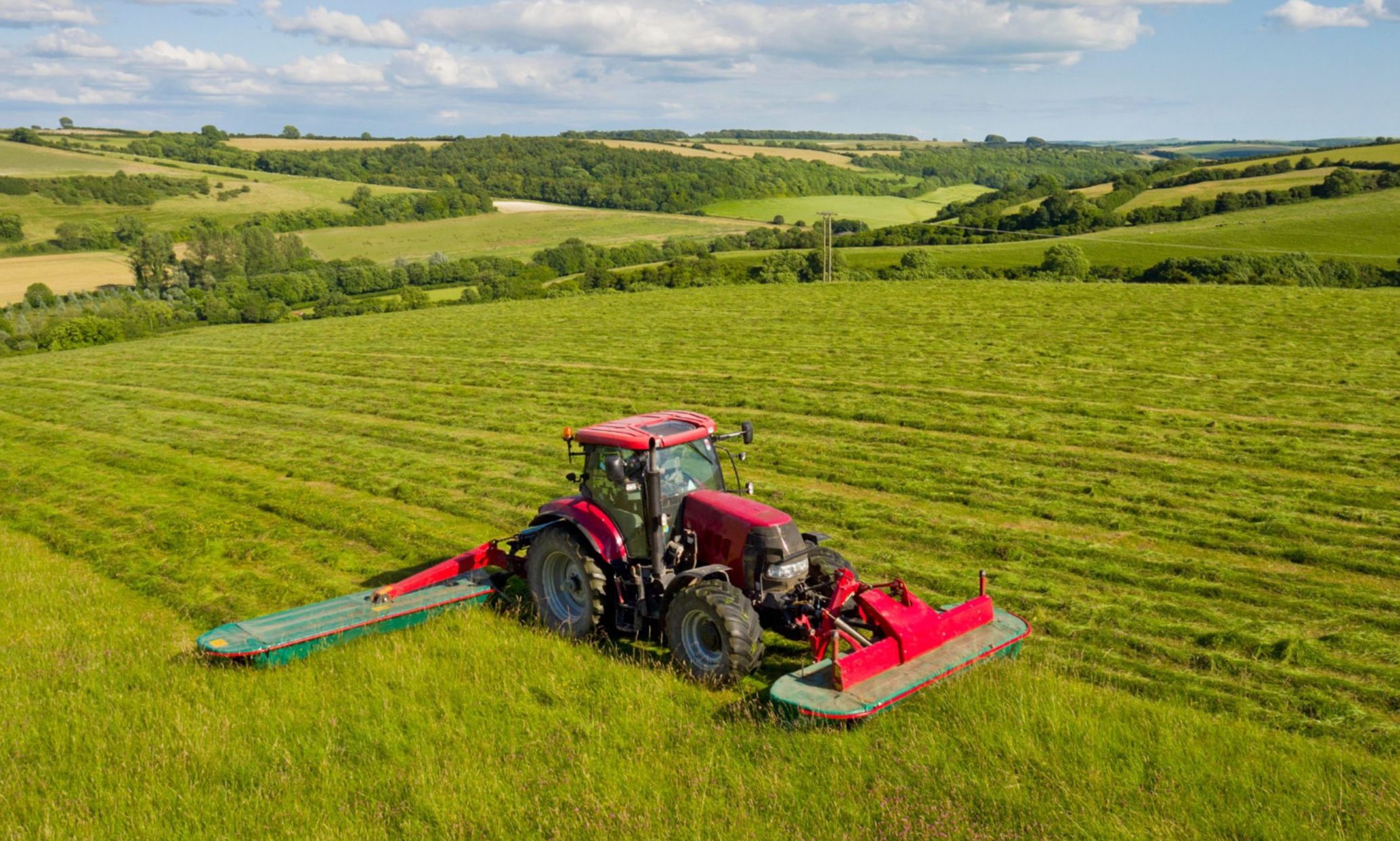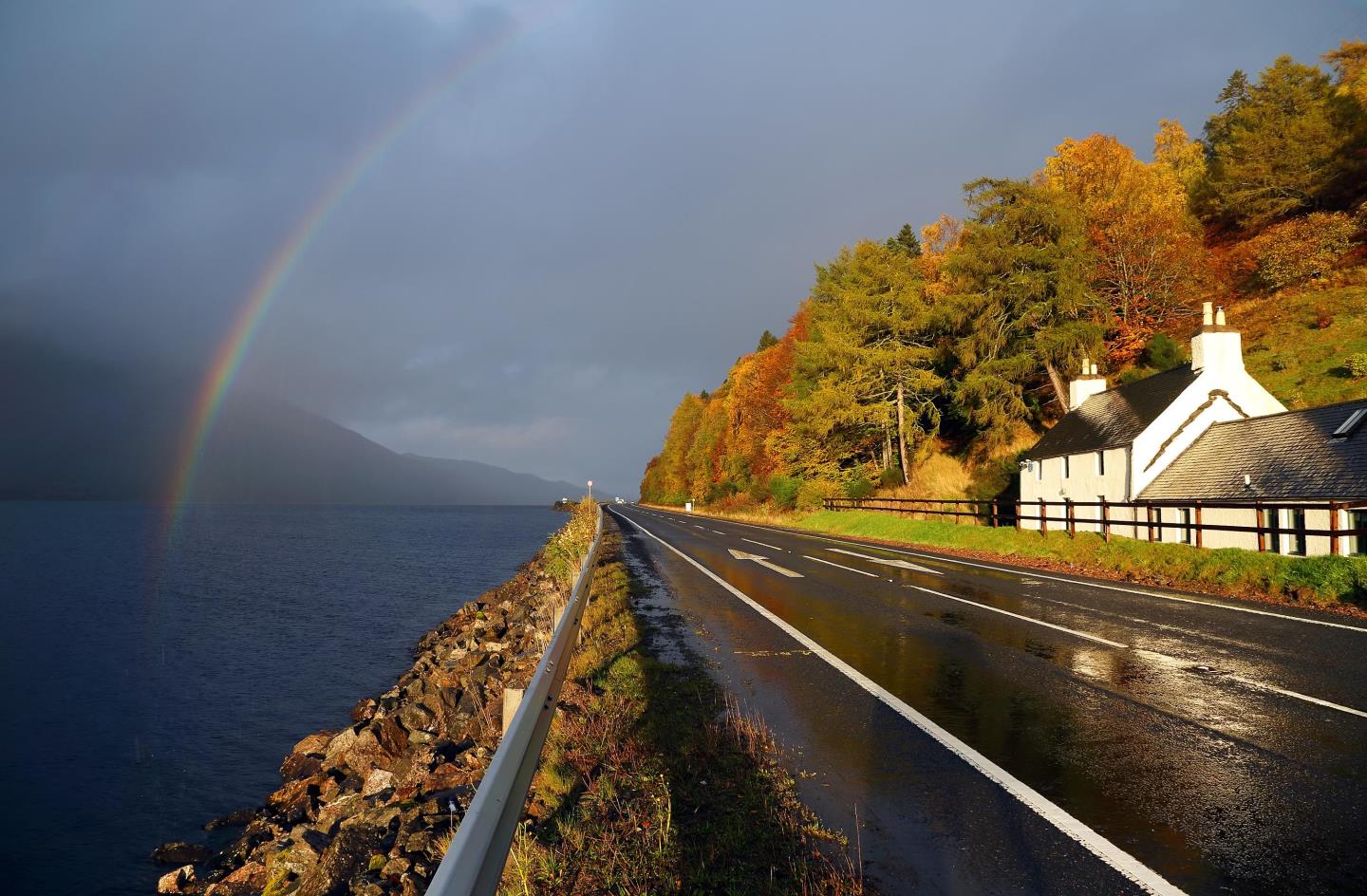Of all the things you’d like your other half to say to you, “You smell like wet dog” is way down the list.
And when he says it, he’s not referring to manky old outdoor clothing that I’ve owned for a decade. Nope, “wet dog” appears to be my default setting, regardless of clothing age.
True, such comments are typically preceded by an hour’s walk in the claggy, clammy conditions so typical of eastern Scotland, but even so, “wet dog” is decidedly underwhelming when you consider why wet dogs smell the way they do.
The delightful bouquet apparently comes from the by-products of bacteria and yeasts living in a dog’s fur. They’re fairly benign when dry but, once wet, chemical bonds break down and all manner of lovely aerosols are released as the water evaporates.
I’m assuming that humans must have similar organisms living on us too, but is that what explains the “musty wet walker” smell? Simply add water?
Do we all have an ‘outdoor smell’?
Whatever the explanation, I’ve long accepted it as an inevitable reality of my outdoors existence. However, I recently returned home after sitting atop a foggy hill for 90 minutes (where I’d been waiting in vain for the cloud to lift) and was promptly told it was now “kind of a combination of wet dog and fish”.
I protested, but he reassured me it wasn’t entirely surprising, given there was a keen east wind blowing in off the sea that day. The sea is still 10 miles away but I decided it sounded plausible, chiefly because it meant it wasn’t my fault that I stank of fish.
Interestingly though, weeks later I’d brought the strimmer indoors after cutting the garden, and my partner asked where that fish smell was coming from. A little investigation online revealed how cut grass, and fish in the early stages of decomposition, both release a chemical called 2-methylisoborneol, which apparently does have a fishy aroma.
I instantly felt reassured about my personal hygiene, but I’m nonetheless paranoid I’ve been unwittingly tickling the noses of fellow hillwalkers all these years. Does an “outdoor smell” trail behind me like… well… a wet dog? Are other hillwalkers similarly afflicted?
From plants to peanut butter
Yes and no, if one comment on Twitter is anything to go by: “My husband’s face and arms (if in a T-shirt) always smell of peanut butter when we are out walking. Never any other time. Luckily, I love peanut butter.”
Is there really a generic outdoor smell we bring home with us?
Heavens! Clearly I drew the short straw when personal smells were being handed out. In my defence, I don’t get the dog accusation every time I go outside, only under certain conditions. Cold and fog equal smell of wet dog. Most other times I’m told it’s “plants and outsideness”, whatever that is.
But is there really a generic outdoor smell we bring home with us? I wasted an afternoon online trying to find out, and inevitably stumbled upon other people asking the same thing:
“What causes ‘outdoor smell’, that smell you get on your clothes and person when you walk outside for any period of time?”
“Why do you smell bad from being outside?”
Many people identified it as a single, universal, unchanging smell, regardless of context. Some described it as metallic, like ozone. Others said it makes them retch. And some said they couldn’t smell anything at all.
Weather plays a big part in outdoor scents
I decided to experiment. I went outside, stood around in long grass for a full five minutes, then came back indoors and asked my partner if he could smell “the outdoors”.
He couldn’t, but he wasn’t in the least bit surprised by that, nonchalantly adding “but it’s not windy, wet or cold”.
Weather seems to play a big part in the outdoor smell, presumably because its stirs up or releases all the volatile organic compounds out there. Geosmin, for example is a by-product of soil bacteria that gets released during rainfall and creates that beautifully earthy “petrichor” smell.
Artificial outdoor smells don’t quite cut it
But nothing in the home smells quite as wonderful as damp washing that has line-dried outside in the sunshine. And that’s why most people I pass on hillsides don’t smell of peanut-based spreads or soggy canines, rather they smell… clean. Weirdly, synthetically, clean.
I spent years wondering why everyone in the outdoors had that same smell, until someone told me it’s the waft of fabric softener trailing behind them. Washing brands understandably try to mimic that line-dried smell, but for something that’s intended to smell so natural it’s curious how jarring it is in an actual natural setting.
But what do I know? I smell of wet dog!
Ben Dolphin is an outdoors enthusiast, countryside ranger and former president of Ramblers Scotland



